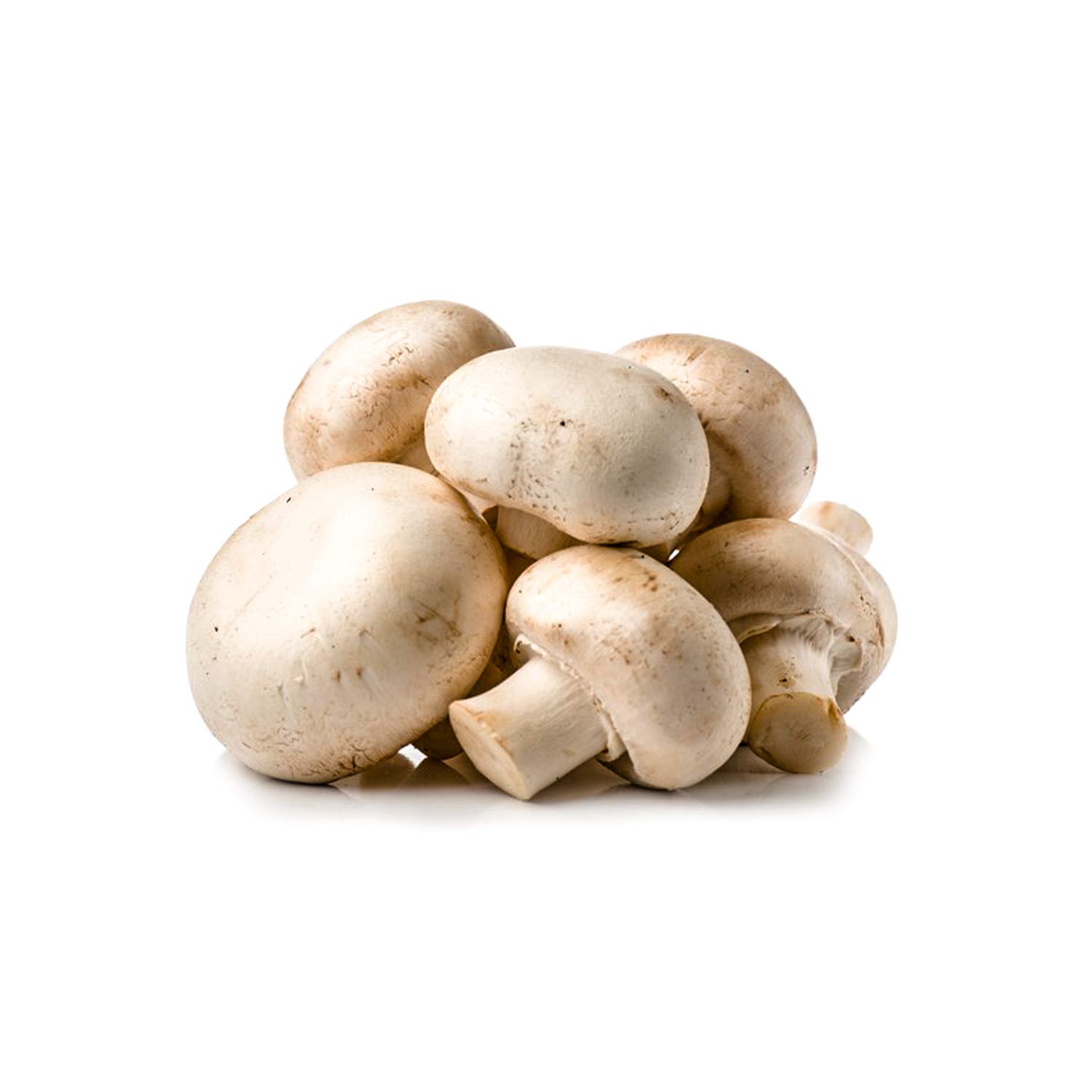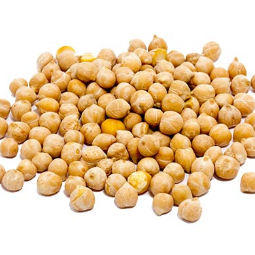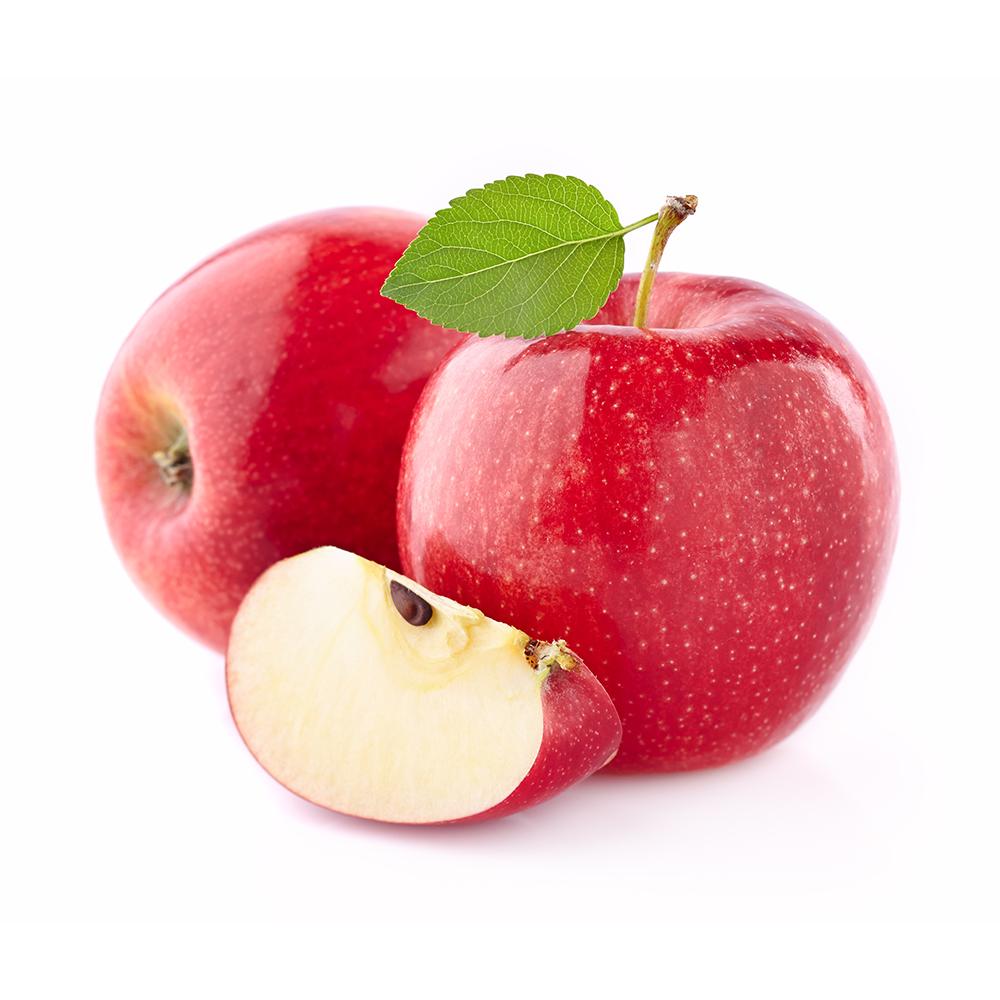A Zesty Snack with Endless Possibilities
Dried orange slices aren’t just beautiful—they burst with flavor, pack nutrients, and offer incredible versatility. Whether you’re a snack lover, home chef, or business owner, these citrusy gems add both taste and visual appeal to your offerings.
As consumers increasingly seek natural, low-waste, and immune-boosting foods, dried citrus has taken center stage. Therefore, dried orange slices are trending, and they can boost your brand or daily routine in many ways.



Why Choose Dried Orange Slices?
More than a pretty garnish, dried orange slices provide the perfect balance of flavor, function, and shelf stability. Producers gently dehydrate fresh oranges, which retains their tangy sweetness while preserving essential nutrients like vitamin C, fiber, and antioxidants.
Since the market overflows with processed snacks, these natural slices offer a healthier, fresher alternative. Consequently, they appeal to both health-conscious consumers and eco-friendly shoppers.
The Benefits Are Clear
Naturally sweet and tangy: They contain no added sugar—just pure citrus flavor.
Rich in nutrients: They provide vitamin C and fiber, which support immunity and digestion.
Shelf-stable and low-waste: Their long-lasting nature suits eco-conscious consumers perfectly.
Versatile: Use them for snacking, decorating, infusing, and baking.
Because they meet so many needs, dried orange slices quickly become favorites in both homes and businesses. Furthermore, their visual charm makes them ideal for social media and event styling.
How to Use Dried Orange Slices
These vibrant citrus slices serve more than pantry purposes. In fact, many industries love them for their natural look and bold aroma.
Culinary and Lifestyle Ideas
Add slices to teas and cocktails for extra zest and eye-catching appeal.
Use them as toppings for cakes, muffins, and pastries.
Garnish cheese boards, salads, and holiday platters.
Create wreaths, ornaments, or potpourri for rustic, festive décor.
Snack on them solo or mix into trail mix and granola.
Moreover, their portability makes them ideal for travel, lunchboxes, and office snacks. As a result, they work equally well for personal enjoyment and gift-giving.
Why Sell Dried Orange Slices?
If you operate in food, wellness, or retail, dried orange slices offer a profitable product with wide appeal. Since today’s shoppers favor clean, functional foods and eco-friendly packaging, this product fits current consumer values perfectly.
Boost Your Brand with Citrus Appeal
Attract health-conscious consumers by promoting immune benefits and all-natural ingredients.
Leverage seasonal demand by marketing for holiday décor, baking, and gift boxes.
Create bundles with dried herbs, lemons, or loose-leaf teas.
Reinforce your eco-friendly image by using biodegradable packaging.
Increase engagement by sharing styling tips, recipes, and benefits on social media.
By positioning dried orange slices as healthy, sustainable, and visually appealing, you capture attention and build customer loyalty. Therefore, this product can enhance both your brand reputation and revenue.
Conclusion
To sum up, dried orange slices provide a delicious, dynamic way to meet growing consumer demand for healthier, sustainable snacks. Whether you want to enhance your product line or delight customers, these citrus slices offer exceptional value and versatility. Ultimately, they prove that a simple ingredient can create endless possibilities.





















